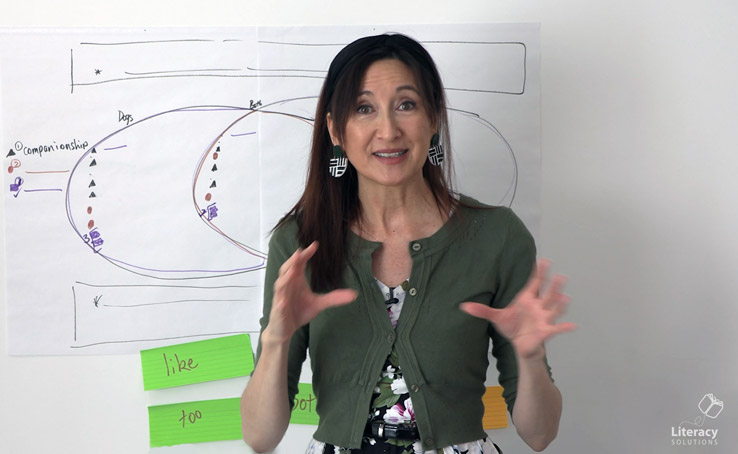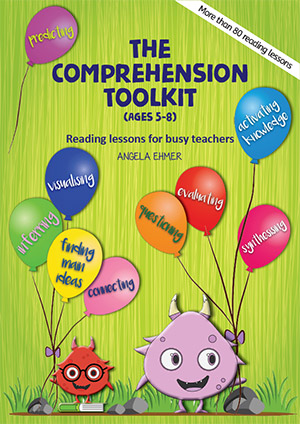Top 10 Traits of Young Writers
Writing is a tricky business for many students. Many dislike writing and some students experience feelings of anxiety from the words, “Take out your writing folder”. So what do proficient writers know and understand about designing literary and non-literary texts, that others do not?
Highly effective young writers know that:
- Writing is about purpose and audience. These writers write with a sense of purpose and understand the needs of the intended audience. These writers do what great writers do . . . know how to think like a reader.
- Writing will be more enticing and engaging to an audience if the content or idea is made interesting or appealing. Great writers know how to keep a reader engaged.
- Knowledge of the topic, whether content or context is critical. An author should demonstrate expert knowledge so that the reader gains new insights or understandings as a result of the reading.
- Strategically planning the journey ensures that nothing is overlooked or forgotten and helps the writer to stay focused. For many young writers, this may involve making a formal plan before writing; a plan which may be modified during and/or after drafting. Some writers don’t make plans and believe that planning stifles creativity. Either way, a great writer is aware of the big picture. This writer takes responsibility for guiding the readers’ thinking.
- Texts are constructed in particular ways for different purposes. Knowledge of generic structures or text types will assist in crafting or designing a text. Proficient writers keep the purpose of the writing and the intended audience in mind as they draft.
- Words are important in painting the canvas of great writing. The writer selects the best words. Not the most words. Not even the “most clever” words. But words which best support the reader to understand what they, the author, want them to know. These writers know that different words support different purposes; that tired or over-used words may need to be avoided, but at times, these may be the best words.
- The flow or fluency of the writing supports the reader to comprehend. It regulates the readers’ fluency and supports the author to give voice to the writing. Proficient writers know that sentence fluency gives writing a rhythm or flow. Not only does this assist to make the writing “sound good”, but is also important in supporting readers to make meaning. These writers know how to employ a range of strategies to improve the fluency.
- Conventions are important. Consideration should be shown to the reader. Spelling, punctuation and grammar should be accurate, unless intended otherwise. If handwritten, the draft must be legible.
- Reviewing and revising are part of the improvement process. Proficient writers know what to check for. They know how to improve the draft. They read and re-read drafts from a readers’ perspective. They reword, rework and may gather feedback at any time during drafting. Review and revision occur during writing, not solely after writing. These are the writers who, during the conference, seek feedback and discuss possible changes. They are not the ones, having changed a few spelling and inserted a few full stops, who then expect the teacher to “do the checking”.
- Once the writer has completed any revisions, the draft is checked again.
Certainly there are no hard and fast rules for writing. But great writers never lose sight of the purpose or rationale for the writing and the needs of the audience. These writers know that the writing must be meaningful to the reader, and that they, the author assume responsibility of strategically supporting meaning making through considered choices made.
We examine the process of teaching young writers in greater detail in our Guiding writers Workshop.




